While the intrinsic drive to socialize and the supports needed to regulate that drive were prominent in earlier planes of development,…


While the intrinsic drive to socialize and the supports needed to regulate that drive were prominent in earlier planes of development,…
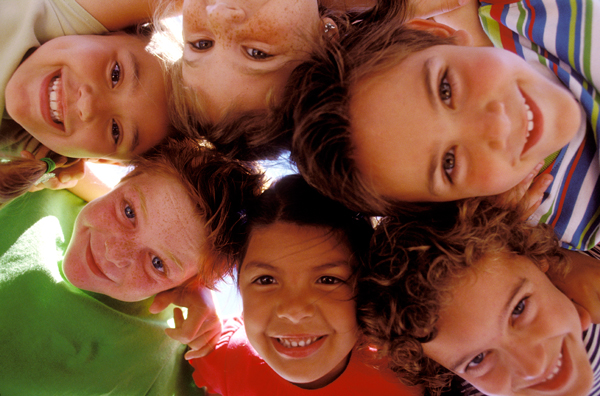
We know that one of the noticeable changes as children move into the Second Plane of development is their new interest in social settings…
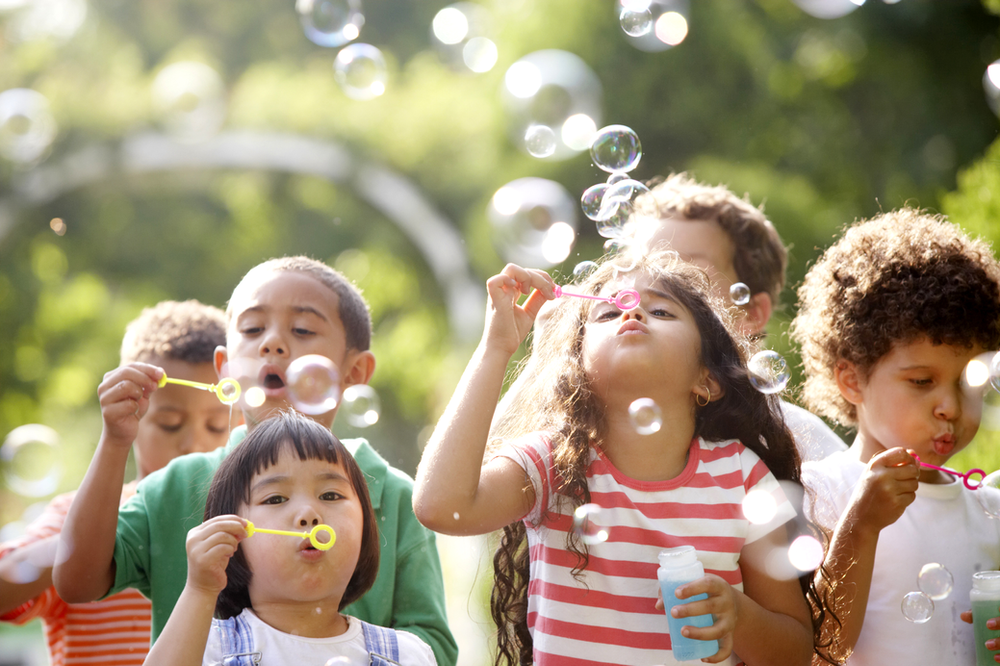
If you imagine a traditional preschool, you might think about children sitting together at circle time, singing songs all together,…
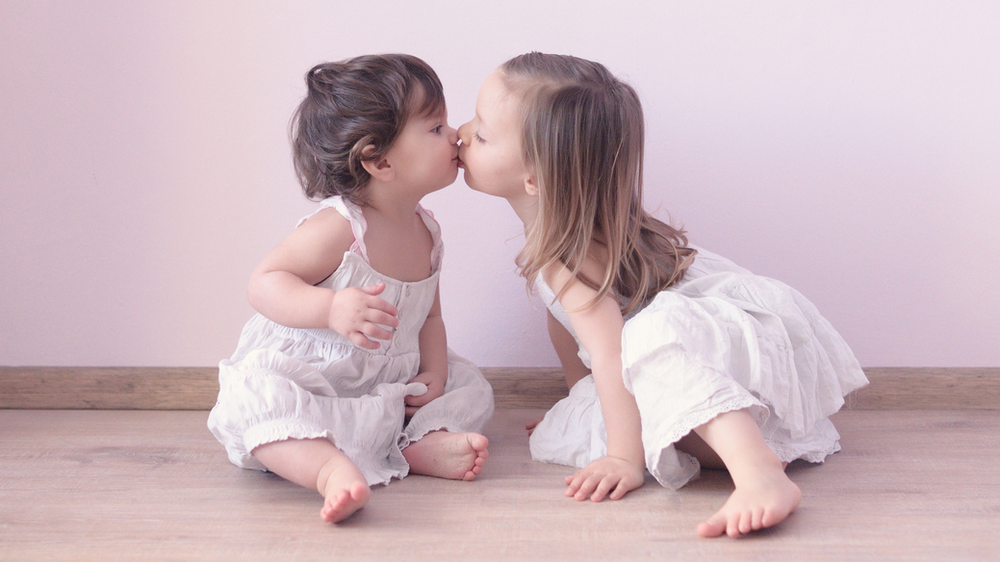
The Freedom to Interact with Others reflects one of Montessori’s Tendencies of Humans: the Tendency toward Communication. We understand…
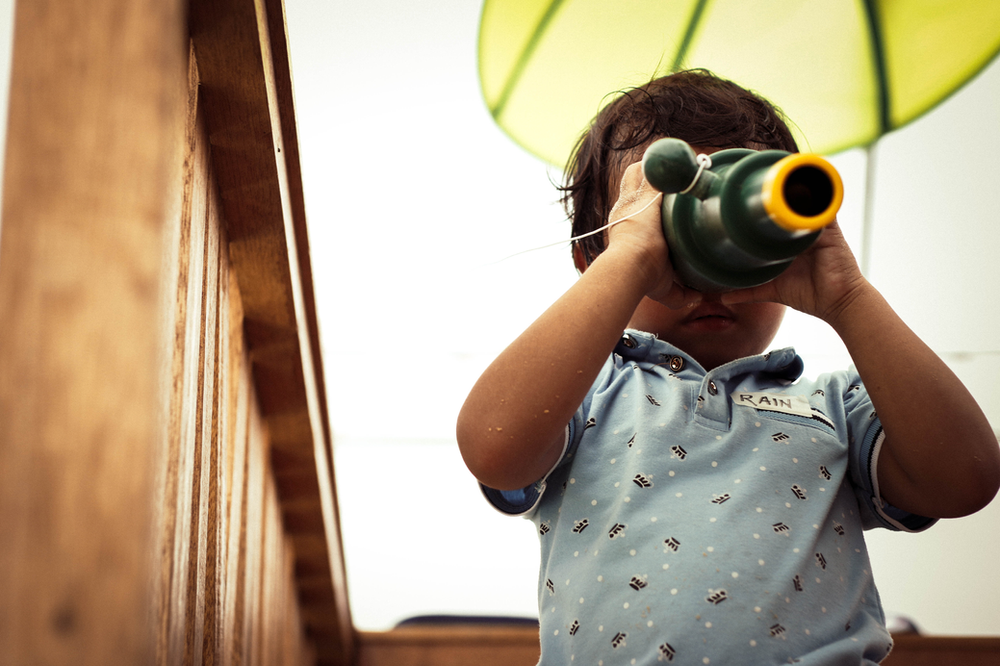
If you think of school as a place in which children are all lined up in their desks or sitting around the same circle, staring ahead at…

You’ve made it through those first few weeks, the crying children, the crying parents, the crying teachers at the end of exhausting days….

When your child was younger, their teachers emphasized preparing the physical environment of the classroom, designing beautiful…
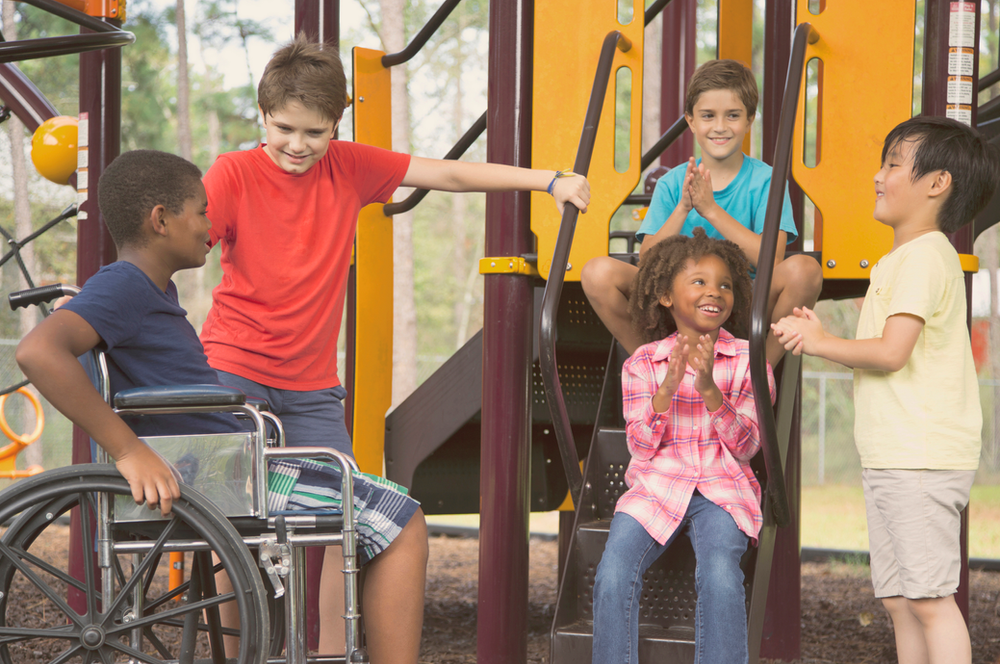
Elementary learners are old hat at school. They know the routines. They can remember events from year to year and they have the language…
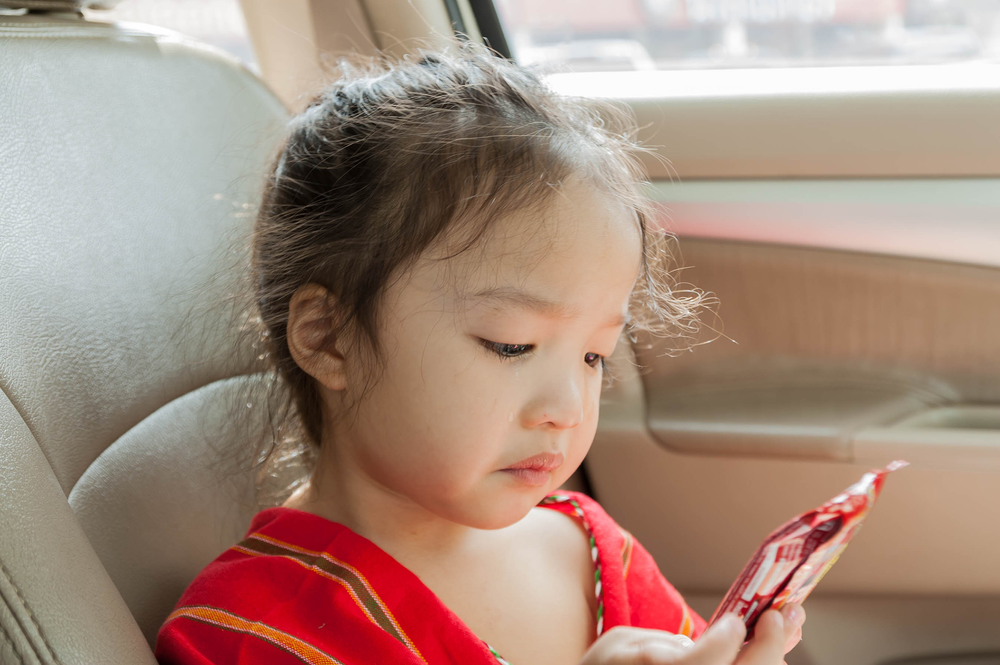
For older children, who have a more developed sense of themselves separate from their parents and their ability to influence their…

No one wants to see their child sad, especially not at those transition moments when you’re leaving for work or saying goodbye at the…